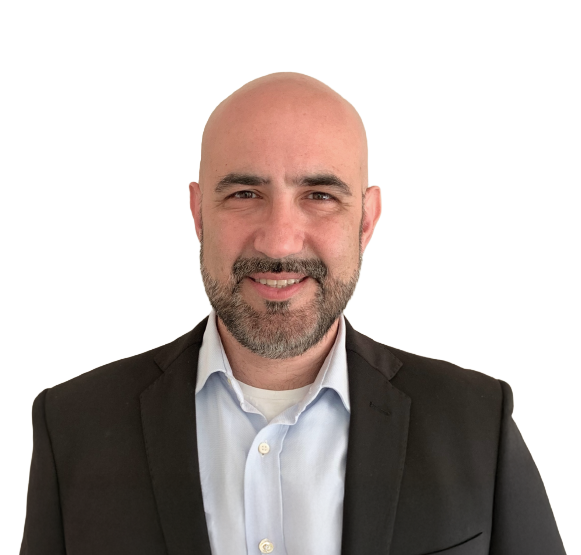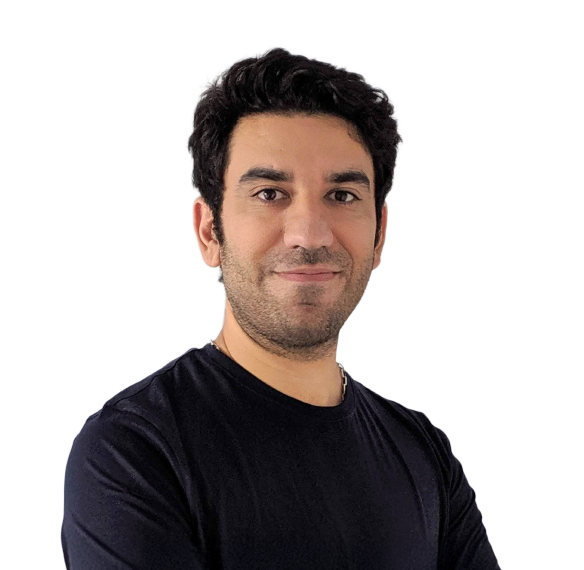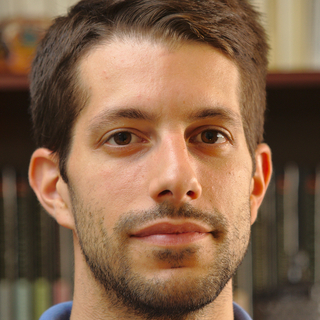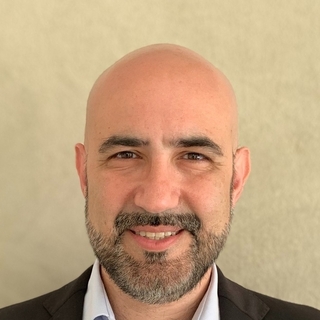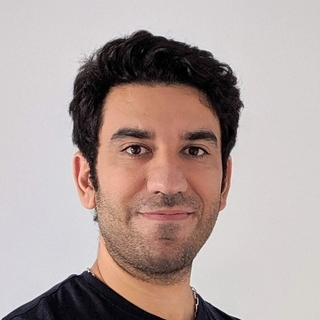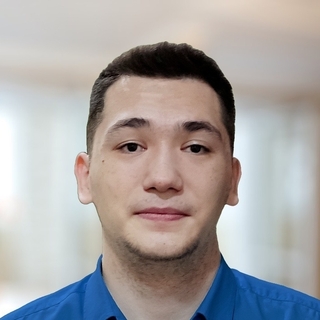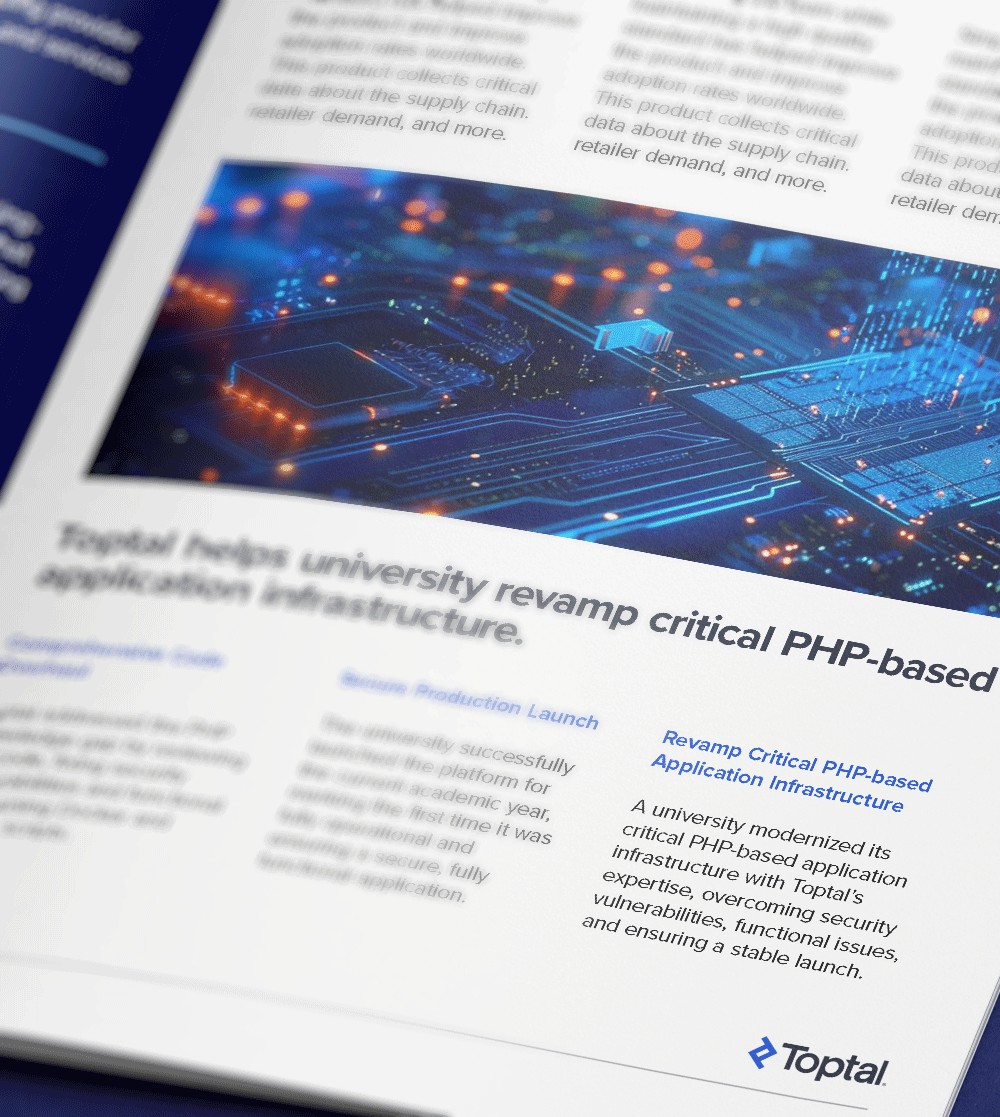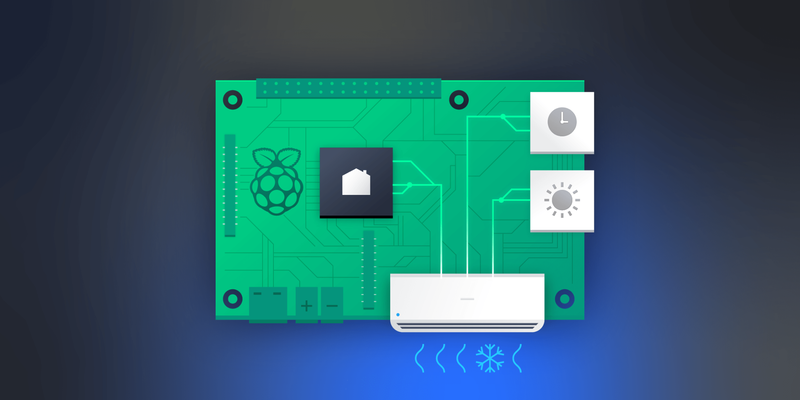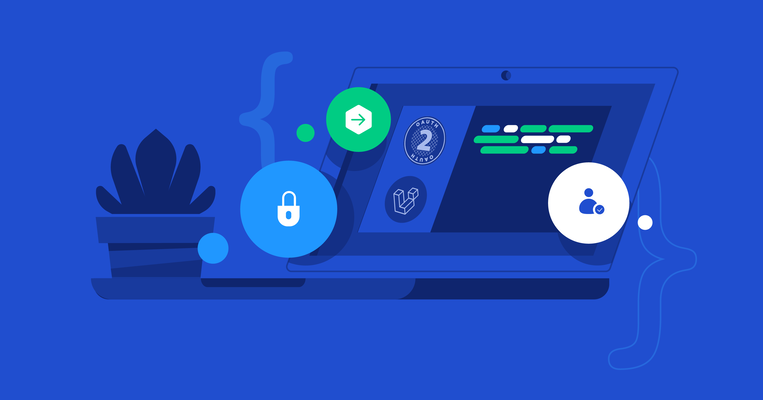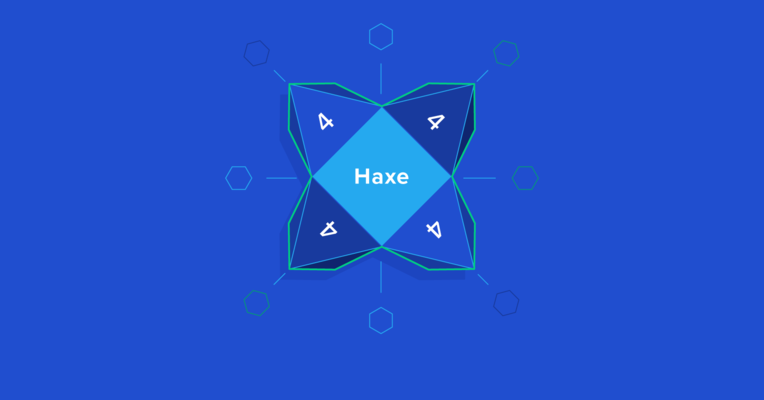
Hire PHP Developers
Hire the Top 3% of Freelance PHP Developers
Hire PHP developers, engineers, programmers, coders, experts, consultants, and architects. Top companies and startups choose PHP developers from Toptal to build dynamic websites, develop scalable back-end systems, create robust web applications, and more.
No-Risk Trial, Pay Only If Satisfied.
Hire Freelance PHP Developers
Oliver Ullman
Oliver is a React expert who has worked with high-profile clients such as Facebook, Chess.com, and Diem and a full-stack developer who brings energy and intelligence to any team he joins. Oliver's clients value his rapid pace of development and high throughput. His love of programming comes from writing clean, elegant, and scalable solutions.
Show MoreEduard Pocnet
Eduard is an expert WordPress developer with over 14 years of experience creating and customizing WordPress themes with strong eCommerce capabilities. He developed a large, multilingual WordPress site using premium plugins, PHP, and WordPress API, along with highly customizable templates, making it easy for the client to add repeater fields, images, links, sliders, and dynamic Google maps with just a few clicks. Eduard prides himself on delivering high-quality projects.
Show MoreGustavo Lopes
Gustavo is a software developer with DevOps experience which consisted mainly building Puppet modules. He's worked mostly with Java middleware and as a full-stack developer in Rails and Grails projects (Spring MVN and Symfony before). He also contributed to the PHP runtime for ~3 years (C).
Show MoreEnrico Carniani
Enrico is a software engineer with broad experience in several IT fields and languages, including Objective-C, C++, C, Java, PHP, JavaScript, and Python. His prime concern is managing and designing things at their best and delivering his clients the most excellent solutions depending on their requirements.
Show MoreNima Rezazadehhamed
Nima is a skilled React developer with over a decade of experience in PHP, JavaScript, and Java. He excels in building web applications and websites, from the infrastructure (configuring and optimizing web servers, DNS, and security) to the client-facing side (UI, UX, SEO, and GA). He has migrated platforms without losing sales and search results rankings, assisted in the creation of a search engine, and created an open-source project that creates web applications for online stores.
Show MoreEmmanuel Chebukati
Emmanuel is a cloud security engineer with experience in systems auditing, application security, and secure cloud deployment. He has delivered sensitive technology projects across the East African region and globally in the public and private sectors. Emmanuel's experience is backed by three Microsoft Azure and two AWS certifications. He is a Certified Ethical Hacker (CEH). Emmanuel holds an MSc in Information Technology from Carnegie Mellon and a BSc from USIU Africa.
Show MoreEnver Menadjiev
Enver is a back-end developer with more than five years of experience. While his main stack is Python and Flask framework, he is also an expert in developing high-load systems with PHP and Laravel, and using Docker for deployment. As a passionate and responsible professional, Enver enjoys making a positive impact and collaborating with clients on new exciting products.
Show MoreKirill Stepanov
Kirill has been making a living as a developer since 2012. He's worked with the usual range of web technologies, including a bit of front-end development, but most of his development experience has been in PHP and Python, including Django and Flask. Kirill also has a wealth of certified experience working remotely and successfully delivering projects.
Show MoreArtem Rodygin
Artem is a Zend Certified PHP developer with over 20 years of experience in web development. Besides being a technical authority, he is very good at communicating complicated issues in a simple way. Artem believes that actions speak louder than words.
Show MoreZaur Mahmudov
Zaur is a results-oriented and innovative senior software engineer with seven years of experience. He started his career with PHP and JavaScript back in 2016 and quickly fell in love with development. He has been improving his skills and taking on new challenges ever since. Zaur loves working on exciting projects, is great at teamwork, and feels comfortable working independently.
Show MoreDenis Shishkov
Denis has about a decade and a half of experience in professional software development and he's worked with Drupal (6/7/8) eight-plus years. During his career, he has used a variety of technologies and languages (PHP, C++, C#, ASP, Basic, Pascal) for different platforms (Nix, Win, Symbian). He is a fan of performance optimization, and custom module development. Denis has worked with many clients including NBC, Johnson & Johnson, and the NYSE.
Show MoreDiscover More PHP Developers in the Toptal Network
Start HiringA Hiring Guide
Guide to Hiring a Great PHP Developer
PHP developers specialize in one of the most popular programming languages in the world. They can create websites, web applications, microservices, APIs, and more. This guide to hiring PHP developers highlights how to create a suitable job description and pose effective interview questions to help you identify the best candidates.
Read Hiring GuidePHP Hiring Resources
More Resources to Hire PHP Developers
Job Description TemplateInterview QuestionsCommon MistakesTips and Practices... allows corporations to quickly assemble teams that have the right skills for specific projects.

Despite accelerating demand for coders, Toptal prides itself on almost Ivy League-level vetting.









How to Hire PHP Experts Through Toptal
Talk to One of Our Client Advisors
Work With Hand-selected Talent
The Right Fit, Guaranteed
EXCEPTIONAL TALENT
How We Source the Top 3% of PHP Developers
Our name “Toptal” comes from Top Talent—meaning we constantly strive to find and work with the best from around the world. Our rigorous screening process identifies experts in their domains who have passion and drive.
Of the thousands of applications Toptal sees each month, typically fewer than 3% are accepted.
Toptal PHP Case Studies
Discover how our PHP developers help the world’s top companies drive innovation at scale.
Capabilities of PHP Developers
PHP (Hypertext Preprocessor) is an open-source scripting language, primarily used to build server-side web applications. Our expert PHP developers create fast, secure, low-maintenance web platforms using PHP’s expansive libraries, and frameworks such as Laravel and Codelgniter.
E-commerce Platforms
CMS-based Websites
API Integration
Customizing and Extending PHP Frameworks
Database Integration
User Authentication and Security
Improving Website Performance
Maintaining Legacy Code
Developing Web Portals
Automating Processes With PHP Scripts
Find the Right Talent for Every Project
Full-stack PHP Developers
Dedicated PHP Developers
Offshore PHP Developers
Remote PHP Developers
FAQs
How much does it cost to hire a dedicated PHP developer?
The cost associated with hiring a dedicated PHP developer depends on various factors, including preferred talent location, complexity and size of the project you’re hiring for, seniority, engagement commitment (hourly, part-time, or full-time), and more. In the US, for example, Glassdoor’s reported average total annual pay for PHP developers is $116,000 as of August 2024. With Toptal, you can speak with an expert talent matcher who will help you understand the cost of talent with the right skills and seniority level for your needs. To get started, schedule a call with us — it’s free, and there’s no obligation to hire with Toptal.
How quickly can you hire with Toptal?
Typically, you can hire PHP developers with Toptal in about 48 hours. For larger teams of talent or Managed Delivery, timelines may vary. Our talent matchers are highly skilled in the same fields they’re matching in—they’re not recruiters or HR reps. They’ll work with you to understand your goals, technical needs, and team dynamics, and match you with ideal candidates from our vetted global talent network.
Once you select your PHP specialist, you’ll have a no-risk trial period to ensure they’re the perfect fit. Our matching process has a 98% trial-to-hire rate, so you can rest assured that you’re getting the best fit every time.
How in demand is PHP?
With 80% of global websites being built using PHP, the ecosystem of the long-used back-end programming language continues to thrive. This means that PHP-based technologies continue to evolve in how they add value, that companies from startups to large enterprises continue to leverage them, and that new and experienced developers alike continue to choose it for their careers.
Why should you hire a PHP developer?
PHP can be used for the development of almost every type of software that can be found on the web, like custom-built websites of any size, WordPress websites, APIs, back-end microservices, and performance-critical services. If you need to develop products like these, PHP experts should be considered.
PHP coders often benefit a business by tapping into the power of one of PHP’s many well-supported development frameworks, like Laravel, Symfony, or Laminas (formerly Zend Framework). Frameworks provide PHP developers with a common structure so they don’t have to spend time building and organizing basic features like routing, database connections, and configuration from scratch. If your project already uses a PHP framework, hiring PHP specialists is a natural fit because they will be able to efficiently leverage your current development environment to start creating new capabilities.
How do I hire PHP developers?
To hire the right PHP architect, it’s important to evaluate a candidate’s experience, technical skills, and communication skills. You’ll also want to consider the fit with your particular industry, company, and project. Toptal’s rigorous screening process ensures that every member of our network has excellent experience and skills, and our team will match you with the perfect PHP developers for your project.
What are PHP’s main strengths?
PHP is a simple and fast scripting language with a very large community. With PHP’s huge popularity, it’s easy and inexpensive to find hosting to run PHP applications. With frameworks like Laravel, Phalcon, CakePHP, Yii, and CodeIgniter, PHP has become a very suitable language for building large web applications as well. Whether your company is building a simple website, a large monolithic app, or a microservice, PHP and its many frameworks can be a very good choice.
Also, it’s worth mentioning that popular PHP-based software like WordPress, Laravel, Drupal, and MediaWiki makes it extremely cost-effective and fast to build specific applications like CMS systems, blog platforms, or e-commerce websites, among others.
How are Toptal PHP experts different?
At Toptal, we thoroughly screen our PHP engineers to ensure we only match you with the highest caliber of talent. Of the more than 200,000 people who apply to join the Toptal network each year, fewer than 3% make the cut.
In addition to screening for industry-leading expertise, we also assess candidates’ language and interpersonal skills to ensure that you have a smooth working relationship.
When you hire PHP programmers with Toptal, you’ll always work with world-class, custom-matched PHP developers ready to help you achieve your goals.
Can you hire PHP programmers on an hourly basis or for project-based tasks?
You can hire PHP specialists on an hourly, part-time, or full-time basis. Toptal can also manage the entire project from end-to-end with our Managed Delivery offering. Whether you hire a PHP developer for a full- or part-time position, you’ll have the control and flexibility to scale your team up or down as your needs evolve. Our PHP developers can fully integrate into your existing team for a seamless working experience.
What is the no-risk trial period for Toptal PHP specialists?
We make sure that each engagement between you and your PHP developer begins with a trial period of up to two weeks. This means that you have time to confirm the engagement will be successful. If you’re completely satisfied with the results, we’ll bill you for the time and continue the engagement for as long as you’d like. If you’re not completely satisfied, you won’t be billed. From there, we can either part ways, or we can provide you with another PHP developer who may be a better fit and with whom we will begin a second, no-risk trial.
Explore Related Toptal Services
Looking for an end-to-end business solution? Browse Toptal's portfolio of services.
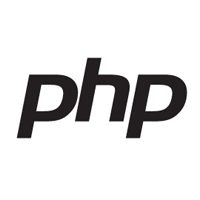
How to Hire PHP Developers
Mladen is a CTO, co-founder, and full-stack developer who has launched embedded and web apps using Laravel, Laminas (formerly Zend Framework), and other PHP frameworks. He has worked at multiple successful startups on a range of projects, including SaaS, streaming, news, and booking platforms. Mladen specializes in building resilient technical infrastructure, leading product and feature development, and migrating legacy codebases.
Previous Role
CTOPHP Web Developer Demand Continues to Grow As Fast As the Internet
Nearly a fifth of professional developers surveyed in 2025 said they had used PHP extensively over the past year, placing it among the top programming languages with Python and Java, according to Stack Overflow. And PHP programmers are prolific: Over 73% of websites use PHP-based back ends, per W3Techs, bolstered in no small part by the massive popularity of private installations of WordPress—whose core and customizations are written using PHP.

Demand for PHP developers for hire remains steady as the language continues to evolve: Codebases using PHP need to be maintained in order to work with currently supported and secure PHP versions. With such a large submarket, it can be difficult for development companies and startups to attract top PHP developers, and even more difficult to efficiently assess a large number of candidates. This guide will help you do both by outlining subskills to watch for, interview questions to ask, and points to cover in a winning job description.
What Attributes Distinguish Quality PHP Developers From Others?
Before exploring distinguishing attributes, it helps to first answer the question, “What does a PHP developer do?” The responsibilities of a PHP contractor include writing, testing, and maintaining the source code for server-side web apps. These web applications can be built using either pure PHP or by leveraging various PHP frameworks like Laravel, Symfony, CakePHP, Yii, Zend, and CodeIgniter; content management systems (CMS) like WordPress, Drupal, and Joomla!; or even e-commerce platforms such as Adobe Commerce, formerly Magento.
Deep skills with a particular PHP framework allow a programmer to multiply their productivity by avoiding the reinvention of the wheel. But familiarity with multiple frameworks allows PHP experts to make better-informed choices in the case of greenfield projects.
The best PHP programmers ensure PHP applications are performant and secure, avoid mistakes, and write code that follows well-thought-out application development principles. They will have experience with common back-end development tasks, like connecting to databases, and be capable of handling basic DevOps responsibilities, like creating and configuring environments. They will also know how to meet prudent security standards to avoid unnecessary business risks.
Factors to ensure that your potential hire produces high-quality code
Some of the aforementioned areas can be evaluated based on a candidate’s résumé and follow-up discussions. However, many companies elect to assess programming ability directly, either with a live coding interview or a take-home assessment.
Both of these strategies add to time requirements on both sides of the table, although companies can outsource these evaluations, particularly live coding interviews. But without some kind of code quality evaluation, companies cannot judge for themselves the quality of PHP code the candidate can be expected to produce once hired. One alternative for candidates who happen to be open-source contributors is for companies to directly evaluate their code contributions, but it’s much harder to produce consistent metrics with this tactic.
The consequences of not evaluating a candidate’s coding abilities may involve additional training expenses or a lost onboarding investment—assuming a company has a functioning quality assurance system that would catch newcomers’ mistakes before they did any serious harm to the product.
How Can You Identify the Ideal PHP Developer for You?
Hiring managers who understand the most common types of PHP projects are better positioned to spot appropriate candidates and match them to their business needs. Whether it’s within the scope of customizing a CMS or other type of website, experts in the PHP programming language are most commonly sought to:
- Build a dynamic site or add dynamic components, such as product listings, search, user registration, authentication, a shopping cart, and more.
- Integrate an existing site with other systems, such as third-party payment processing APIs.
- Troubleshoot and optimize poorly performing websites.
- Implement advanced security mechanisms, such as multifactor authentication, thorough input sanitization, secure session management, and industry-standard encryption protocols.
- Assess code for adherence to industry standards, proper structure, and security requirements.
- Test code across browsers, devices, and operating systems to ensure seamless functionality throughout the development process.
- Optimize code for different platforms to deliver a consistent user experience.
Several related technologies and technical skills are strongly relevant when examining the experience of PHP developers for hire:
Additional complementary PHP developer skills
- HTML, CSS, and JavaScript: In many ways, PHP’s primary output mechanism is to generate HTML. Often, passing data via JSON to the JavaScript running on a page will be a useful skill even for a PHP specialist focused only on an app’s back end, but a full-stack developer will really need to know CSS and JavaScript—as well as related technologies such as Node.js and React.js—to complete their front-end development skill sets.
- Relational (SQL) Databases Like MySQL and PostgreSQL: While not the only approach to storing data on the back end, SQL is a well-established standard and still wholly appropriate for a plethora of use cases. Unless your tech stack specifically uses a NoSQL database like MongoDB, strong SQL skills are a must when vetting a PHP expert. It’s especially helpful if their experience aligns with the particular database your project uses.
- REST APIs and Web Servers: Your project may not implement its own REST API—perhaps using a GraphQL-based API instead—but chances are your project’s back end will eventually need to integrate with a third-party REST API. To that end, it’s worth hiring a PHP engineer who knows a few tricks about optimizing async calls to REST APIs and handling their errors appropriately.
- Object-oriented Programming (OOP) and Model-view-controller Architecture: These widely used approaches to coding result in more readable, modular, and maintainable code. PHP developers not well-versed in them may take longer to familiarize themselves with your project’s codebase and may struggle to create code others can collaborate on efficiently, lowering your return on investment. This is crucial not only for large-scale projects, but also for smaller ones because they can only evolve substantially if they have a cohesive architectural approach.
- Unit Testing: Even the most basic software development project benefits from this automated testing technique. Having a suite of unit tests means that specific modules of code can be counted on to continue working correctly, even when seemingly unrelated code is changed. Insist on PHP experts who are serious about unit testing: Without it, it’s all too easy for developers to waste time in a vicious circle, fixing an urgent bug in a way that causes another one to resurface.
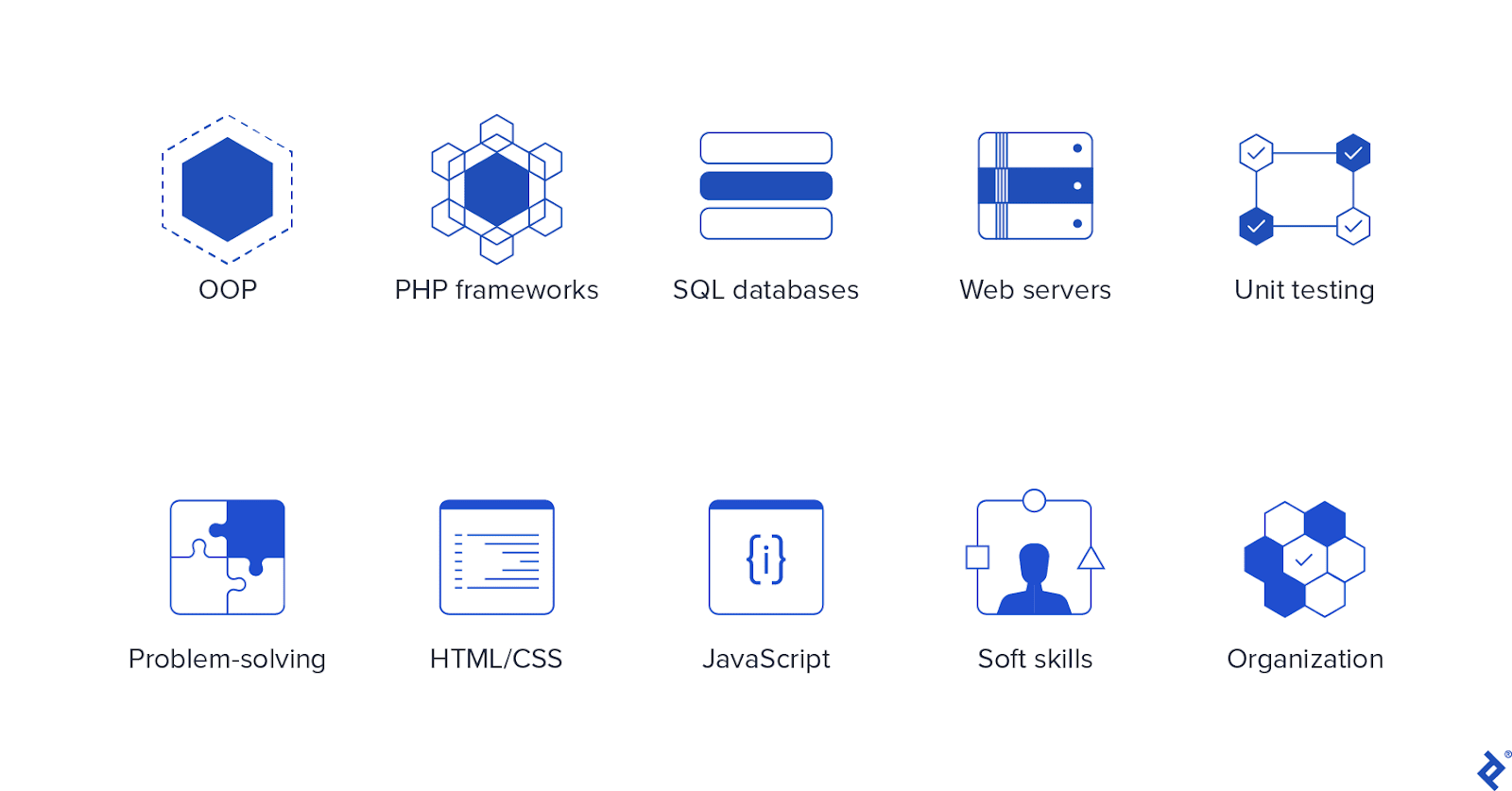
Modern PHP Version Requirements and Features
Developers familiar with modern tooling and concurrency can build scalable, high‑performance systems. When evaluating PHP developers, it’s crucial to ensure they are working with current PHP versions:
- Modern projects should target PHP 8.2 or later, as PHP 8.1’s end-of-life date is December 31, 2025.
- Top PHP developers should demonstrate familiarity with modern PHP 8.3 and 8.4 features that significantly improve code quality and developer productivity. PHP 8.3 introduced several important capabilities, including typed class constants, while PHP 8.4 adds powerful features like property hooks. Other notable updates include a standards-compliant HTML5 DOM API, new array functions, support for lazy objects, plus bug fixes and general codebase cleanup.
Beyond traditional web development, the PHP ecosystem is expanding into new territories that forward-thinking developers should understand.
- Emerging tools like NativePHP offer a developer toolkit for building native desktop applications, extending PHP’s reach beyond web browsers.
- Similarly, FrankenPHP represents a significant advancement in PHP application servers, offering built-in concurrency support and high-performance execution that addresses traditional PHP scalability concerns.
When employing dedicated PHP developers, it is also important that they have the right mix of technical and communication skills. The latter is important because PHP experts usually work on complex core system features in which interaction with other team members—whether in-house or remote—is essential. Furthermore, organizational skills—including fluency in indispensable collaboration and source control tools like Git—should be considered a given for any PHP app development role.
How to Write a PHP Developer Job Description for Your Project
Before looking to hire the best PHP developers, it is necessary to define technical project requirements and scope. Writing down the specifics of your project will provide clarity on the skills gap you face, the gaps you anticipate down the road, and whether it would be better to focus on hiring a full-time employee or opt for the flexibility of a freelance PHP developer. When hiring remote PHP developers, make sure to list the time zones desired, making sure there are sufficient windows of time for team members to communicate. Specify your project management environment, as well as how new hires and freelancers are onboarded to your in-house team.
After defining your plan and any skills gap, your next task is to create a job post. It’s helpful to use a template for this and include the most relevant and attractive details about your organization, development team, and project.
What Are the Most Important PHP Developer Interview Questions?
When looking to hire PHP programmers, open-ended questions can be used to spark further discussion during the interview process:
- What PHP frameworks have you worked with, and what has your experience with each been like?
- Can you provide an example of a recent PHP project you have contributed to that makes you proud?
- How would you use PHP template engines to create dynamic content? Which template engines have you used, which do you prefer, and why?
- How would you go about using PHP to interact with a database to retrieve data?
But quiz-style questions can be revealing as well:
What is the difference between the isset and empty functions in PHP?
The isset function is used to determine if a variable exists and has a non-null value, returning true in that case. In contrast, the empty function checks if a variable is considered empty, returning true if the variable is empty (i.e., not set, false, 0, an empty string, an empty array, or null). While isset checks for existence and a non-null value, empty specifically focuses on emptiness, including null values.
How can you prevent SQL injection vulnerabilities in PHP?
Prepared statements or parameterized queries are used to prevent SQL injection vulnerabilities. Prepared statements separate the SQL code from the user input, eliminating the possibility of injecting malicious code. By binding the input values to placeholders in the SQL statement, the database engine can distinguish between the actual SQL code and user-supplied data, effectively preventing any unauthorized SQL operations.
How do you handle errors in PHP?
In PHP, errors and exceptions can be handled using error-handling mechanisms. One common approach is to use the try-catch block to catch exceptions gracefully. By wrapping the code that may generate an exception or error inside the try block, you can catch the specific instance and provide appropriate handling or recovery logic in the corresponding catch blocks.
What is the difference between include and require in PHP?
Both include and require are used to include and evaluate external PHP files. The main difference between them is how they handle errors. The include statement refers to a file and continues the script execution even if the file is not found, resulting in a warning. In contrast, the require statement refers to a file and stops the script execution with a fatal error if the file is not found or fails to be included. In situations where the included file is essential for the script’s functionality, require is often preferred to ensure that the script doesn’t proceed without it.
How does PHP handle sessions? Explain the process of initializing and using sessions in PHP.
PHP provides built-in support for handling sessions, which allows developers to persist data across multiple requests for the same user. The process of initializing and using sessions involves the following steps:
-
Session Initialization: To start a session in PHP, a developer needs to call the
session_startfunction. This function creates a unique session ID and initializes a session file on the server to store session data. -
Storing and Retrieving Session Data: After starting a session, data can be read and written using the
$_SESSIONsuperglobal array. For example, a developer can set a session variable like$_SESSION['username'] = 'John';to store the username. -
Using Session Data: Throughout the user’s session, a developer can access the stored session data by referencing the corresponding session variable. For instance, they can display the username by echoing
$_SESSION['username'];. -
Session Destruction: When the session is no longer needed or when the user logs out, a developer can call
session_destroy. This clears all session data and deletes the session file on the server.
Understanding how sessions work in PHP is essential for managing user authentication, personalizing output, and maintaining state across multiple requests.
Where to Hire a PHP Programmer
A PHP development team can be built in many different ways, including in-house hiring, outsourcing, or via on-demand, vetted talent platforms.
In-house Hiring
Larger companies typically hire at least a small number of full-time, in-house developers or IT staffers to build and/or maintain their core technology stack. You can hire a full-time PHP developer through technology recruiters or by placing job ads on sites like Indeed, Glassdoor, or LinkedIn.
Outsourcing
With outsourcing, a firm can hire a PHP freelancer or a PHP developer company to handle development tasks. This approach allows businesses to hire offshore PHP developers, access specialized skills, reduce costs, and speed up project delivery by leveraging global talent and resources. Typically, the client and the development company or PHP programmer establish a clear agreement outlining project expectations and timelines before work begins.
Hiring Through a Vetted Talent Platform
Hiring PHP developers through a vetted, on-demand developer platform is a good option for startups, SMBs, and enterprise-level companies. In this model, the marketplace verifies the skill set of each developer through testing and interviews. Some platforms also offer:
- Matching services in which a talent specialist matches companies looking to hire the best PHP developers with candidates who have the preferred experience, communication skills, and industry specialization
- Full-time dedicated developers for your project, as well as part-time or hourly PHP developers who may be working on multiple projects
- The ability to hire remote, offshore PHP developers, PHP development teams, or individual PHP consultants who will be managed by your in-house CTO or product owner
How Much Does It Cost to Hire PHP Experts?
We’ve compiled information on the average salaries of PHP developers from several countries via Glassdoor, and have reported them below in US dollars. Please note that actual pricing can vary greatly, with experienced programmers able to demand higher pay.
Country | Median total salary per year, USD |
United States | $108,000 |
Canada | $48,800 |
Mexico | $22,300 |
Brazil | $13,000 |
United Kingdom | $60,200 |
Germany | $62,600 |
Romania | $35,600 |
Ukraine | $36,000 |
Australia | $67,100 |
Source: Glassdoor, July 2025
These numbers represent the median incomes as reported by Glassdoor’s proprietary Total Pay Estimate model based on salaries collected from the platform users. Wages in many areas consist of a base salary and additional pay, which may include cash bonuses, commissions, tips, and profit sharing. Glassdoor information and the currency exchange rates were accurate as of July 2025.
For companies exploring more flexible hiring options, the PHP developer freelance hourly rate can vary widely depending on experience and location. Businesses looking to hire PHP freelancers may find that hourly rates offer greater control over project budgets than fixed salaries.
When to Hire Dedicated PHP Developers Versus Freelance PHP Programmers
Dedicated developers typically focus on only one client’s work at a time, while freelancers may be simultaneously working on projects for multiple clients. Which type is best for you depends on how much time and energy you need the developer to offer. Dedicated PHP developers are more likely to integrate into a client’s team and participate in regular meetings and internal processes than hourly freelancers, whereas a freelancer may take their assignments from a single point of contact and do their work asynchronously. Typically, the relationship with a dedicated PHP developer is longer-term and may be part of a strategic plan for sustained development efforts, while projects with a freelancer may be piecemeal and smaller in scope. Companies looking to hire dedicated PHP programmers should be prepared to be billed on a monthly basis or enter into a retainer for ongoing work. Freelancers working for multiple clients are likely to bill hourly or on a per-project basis.
Why Do Companies Hire PHP Developers?
PHP’s continued dominance of back-end web projects keeps its ecosystem thriving. Because PHP and its popular frameworks are not likely to die out any time soon, it often makes good business sense to hire developers offering development services with a focus on PHP to maintain an existing PHP codebase.
Companies continue to hire experienced PHP developers for greenfield development projects, too. The productivity boost and endless developer resources that come with choosing a PHP technology are hard to ignore. This not only makes PHP coders for hire more numerous, but also makes specializations worth paying attention to if your project is on a tight timeline.
For any use case, there’s at least one PHP-based framework or platform that will help a PHP expert expedite your project. Now that you know which secondary skills to seek, you’re in a much better position to match PHP engineer candidates to your business needs.
The technical content presented in this article was reviewed by Florin Cabuz.
Featured Toptal PHP Publications

Full User Authentication and Access Control: A Laravel Passport Tutorial, Pt. 1
Top PHP Developers Are in High Demand.





